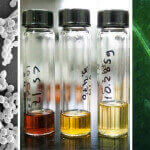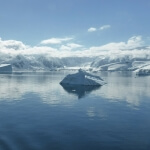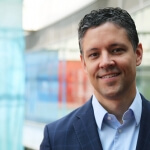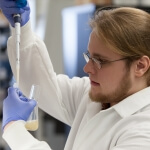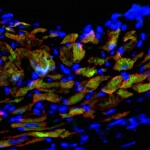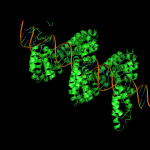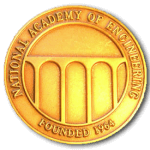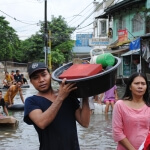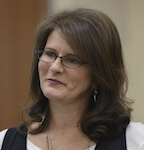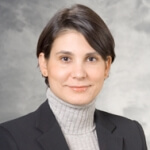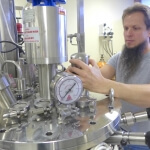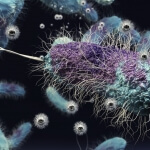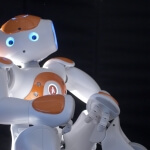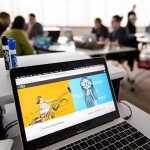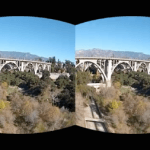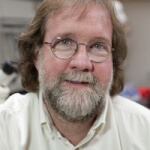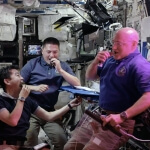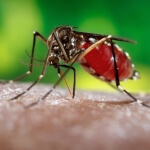Tag Research
Bioenergy Center, collaborators report 500th invention
The Great Lakes Bioenergy Research Center and two partners reported significant progress in their mission to develop technologies that will bring advanced biofuels to the marketplace.
Long-term picture offers little solace on climate change
A new study finds that the catastrophic impact of another three centuries of carbon pollution will persist millennia after the carbon dioxide releases cease.
Researchers to examine best ways to alter concussion attitudes, behaviors
The study will address why education and awareness efforts have largely not succeeded when it comes to reporting concussions.
Brauer: Better diversity training is built on research, not intuition
Markus Brauer is teaching a public workshop Feb. 9 aimed at reducing prejudice and discrimination in the workplace, emphasizing strategies backed by both good intentions and sound science.
Small-scale protein production a big business for UW spinoff
Unlike many young biotech spinoffs, Fritz Schomburg's company — Lytic — earns its income not from federal research grants, but from shipping product.
Podcasts showcase stories, science and secrets behind UW–Madison research
The first season of Science Narratives addresses social robotics, highlighting the work of Bilge Mutlu, director of the Wisconsin Human-Computer Interaction Lab.
Virtual reality makes its best users the most queasy
In a twist of virtual fate, people with the best 3-D vision are also the people most likely to suffer from motion sickness while using virtual reality displays.
Lewis Thomas Prize to be awarded to Wisconsin’s Sean Carroll
Carroll was instrumental in building the field of evolutionary developmental biology, known colloquially as evo devo.
Slow waves may explain the brain’s disconnect during dreaming
When we’re dreaming, our brains appear almost as active as when we are awake, yet we remain asleep and oblivious to our surroundings. A new study suggests why.

